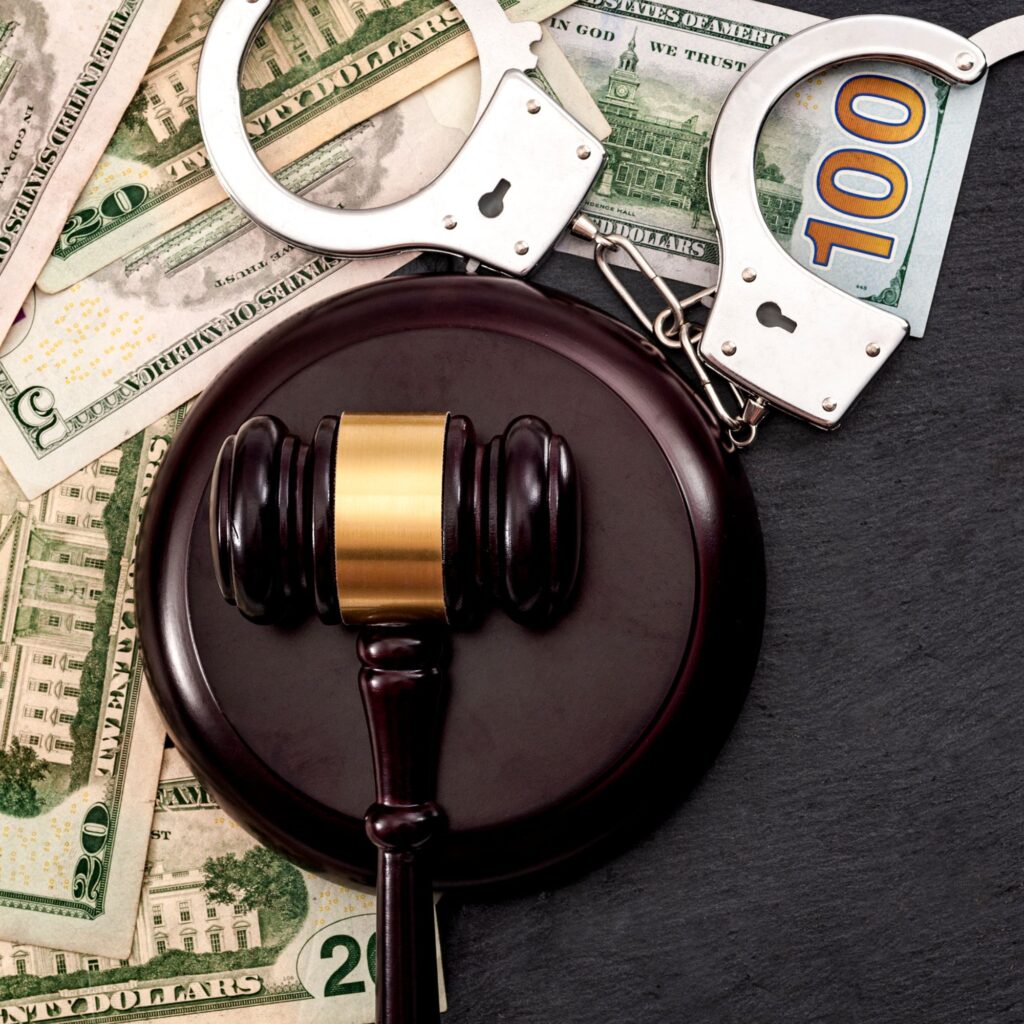
Understanding Drug Charge Bail Bonds in Texas
Navigating the legal system after being charged with drug possession can be overwhelming. One of the first concerns many individuals have is the cost and process of securing a bail bond. In Texas, the laws and regulations surrounding bail bonds for drug charges can vary significantly based on the specific circumstances of the case. In this blog post, we will address some of the most common questions related to drug charge bail bonds in Texas, including the cost of bail, the percentage required for a bond, potential jail time, and the possibility of probation for felony drug charges.
How Much is Bail for Drug Possession in Texas?
The amount of bail for drug possession in Texas can vary widely depending on several factors, including the type and amount of the drug involved, the defendant’s criminal history, and the specifics of the case. Generally, bail amounts can range from a few thousand dollars to over $100,000. Here is a general breakdown:
- Misdemeanor Drug Possession: For less severe charges such as possession of a small amount of marijuana (under 2 ounces), bail can range from $1,000 to $5,000.
- Felony Drug Possession: For more serious charges involving larger quantities of drugs or more dangerous substances, bail amounts can be significantly higher. For example, possession of controlled substances like cocaine or methamphetamine can lead to bail amounts ranging from $10,000 to $100,000 or more.
It is important to remember that these are general estimates, and actual bail amounts can vary based on the specifics of the case and the judge’s discretion.
What Percentage of a Bond Do You Pay in Texas?
In Texas, when you use a bail bond company to secure your release from jail, you typically pay a percentage of the total bail amount as a fee to the bondsman. This percentage is generally around 10% to 15% of the total bail amount. For instance:
- If your bail is set at $10,000, you would need to pay the bail bond company between $1,000 and $1,500.
- If your bail is set at $50,000, the fee would be between $5,000 and $7,500.
This fee is non-refundable, even if the charges are dropped or you are found not guilty. Additionally, the bail bond company may require collateral to secure the bond, especially if the bail amount is substantial.
How Long Do You Go to Jail for Drug Possession in Texas?
The length of jail time for drug possession in Texas depends on the severity of the charge and the specific circumstances of the case. Here are the potential sentences for various drug possession charges:
- Class B Misdemeanor: Possession of a small amount of marijuana (under 2 ounces) can result in up to 180 days in jail and/or a fine of up to $2,000.
- Class A Misdemeanor: Possession of 2 to 4 ounces of marijuana can lead to up to 1 year in jail and/or a fine of up to $4,000.
- State Jail Felony: Possession of less than 1 gram of a controlled substance (such as cocaine or methamphetamine) can result in 180 days to 2 years in a state jail facility and/or a fine of up to $10,000.
- Third-Degree Felony: Possession of 1 to 4 grams of a controlled substance can lead to 2 to 10 years in prison and/or a fine of up to $10,000.
- Second-Degree Felony: Possession of 4 to 200 grams of a controlled substance can result in 2 to 20 years in prison and/or a fine of up to $10,000.
- First-Degree Felony: Possession of more than 200 grams can lead to 5 to 99 years or life in prison and/or a fine of up to $10,000.
The actual sentence can vary based on the specifics of the case, the defendant’s criminal history, and other factors.
Can You Get Probation for a Felony Drug Charge in Texas?
Yes, it is possible to receive probation for a felony drug charge in Texas, depending on the circumstances of the case and the defendant’s criminal history. Probation, also known as community supervision, allows the defendant to serve their sentence under supervision instead of in jail. Factors that can influence the likelihood of receiving probation include:
- First-Time Offenders: Individuals with no prior criminal history are more likely to be granted probation.
- Plea Bargains: In some cases, a plea bargain can result in probation instead of a jail sentence.
- Rehabilitation Efforts: Demonstrating efforts to seek treatment for substance abuse can also increase the chances of receiving probation.
Probation typically comes with strict conditions, such as regular check-ins with a probation officer, drug testing, community service, and attendance at drug treatment programs. Violating these conditions can result in the revocation of probation and incarceration.
Get Help Today
If you or a loved one is facing a drug charge in Texas, understanding your options and securing a bail bond quickly can make a significant difference. Contact ATX Bail Bonds today for expert guidance and prompt service. Our experienced team is available 24/7 to help you navigate the bail process and get your life back on track. Call us now at 512.834.2245 or visit our website to learn more about our services.














